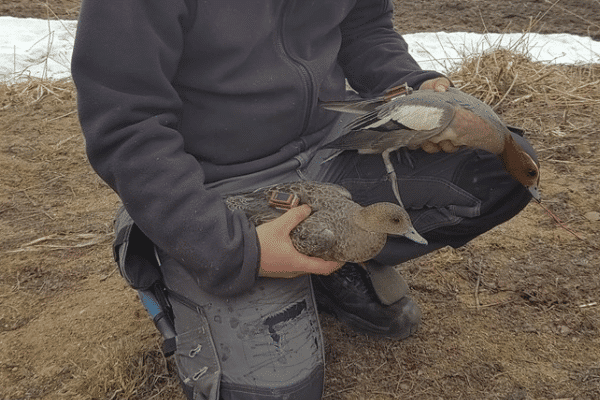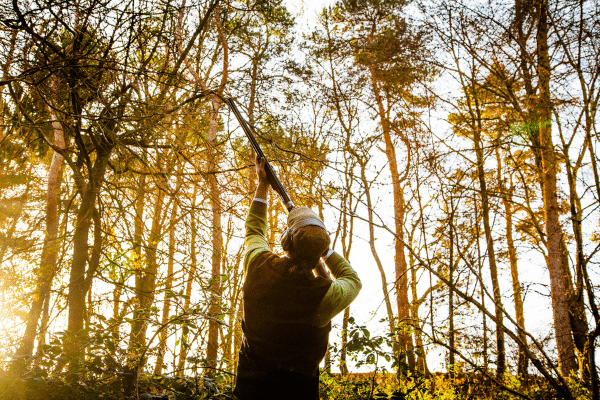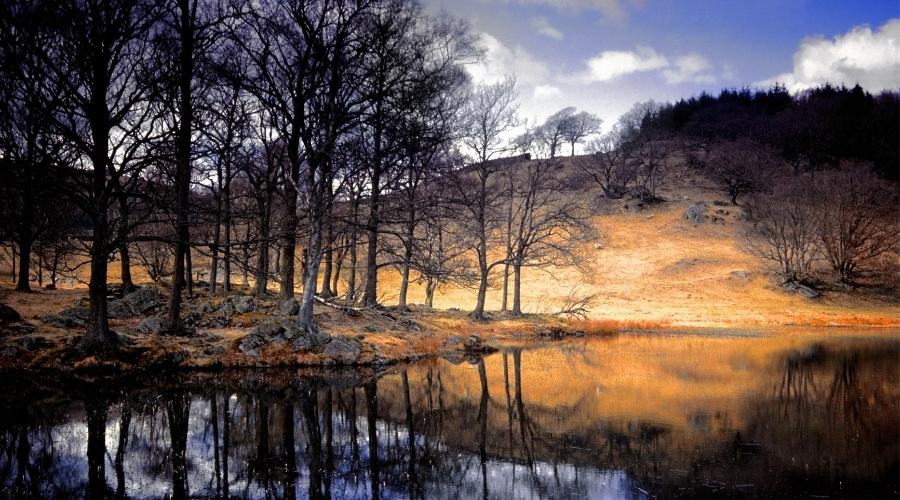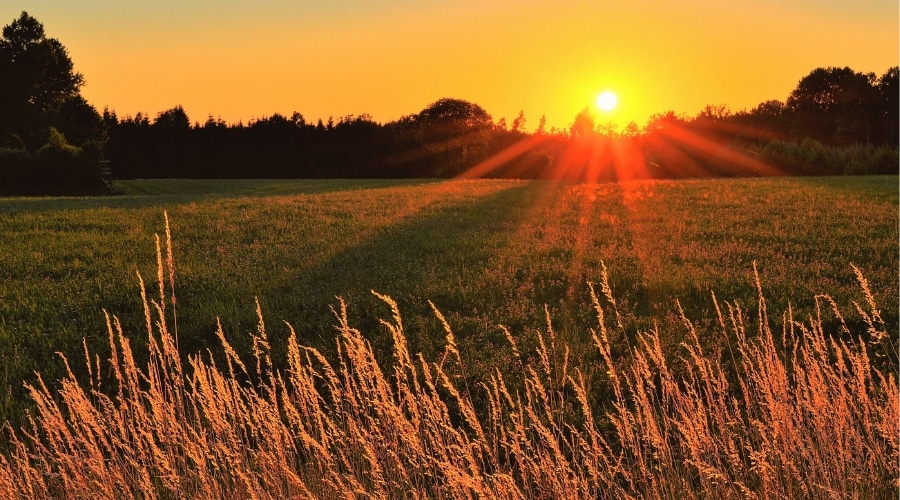
Satellite-tagged duck records monumental migration
Project Penelope reveals how one Eurasion wigeon has travelled more than 6,000 miles in the last year.
Get information on the legal shooting season for mammals and birds in the UK.
Learn about our current conservation projects and how you can get involved.
Comprehensive information and advice from our specialist firearms team.
Everything you need to know about shotgun, rifle and airgun ammunition.
Find our up-to-date information, advice and links to government resources.
Everything you need to know on firearms law and licensing.
All the latest news and advice on general licences and how they affect you.


As part of the Government’s ambitions to restore natural habitats and halt declines in biodiversity by 2030, Defra is currently consulting on both nature recovery and environmental targets.
Shooting takes place over two-thirds of all rural land in the UK and plays a significant role in local and landscape-scale conservation efforts. As such, BASC is participating fully in Defra’s nature recovery and environmental targets consultations.
The nature recovery consultation is based on a Green Paper which gathers thoughts on a wide range of proposals.
At the centre of the Green Paper is a consolidation of our current legal framework relating to designated sites and species protection. The paper is in effect an exploration into how best to disentangle the layers of regulation that have built up since the first designation was made in 1949.
For protected habitats (SSSIs, SPAs, SACs and RAMSAR sites), the Green Paper proposes an overhaul of their designations to produce a system that is fit for purpose, bringing it up to date for what is a dramatically changed landscape. Likewise for species protection, the proposal is to streamline the legal framework into a simplified, tiered system.
Pest control, deer management, releasing gamebirds, wildfowling and target shooting are all governed by regulations. This means that any changes to the legislative framework could impact on shooting activities, many of which, rather ironically, long pre-date the designation of the habitats.

Launched on the same day was a Green Paper and consultation on legally binding environmental targets that will see successive governments held to account. There are a range of targets over six areas. The key sections for shooting are in assisting in the biodiversity recovery targets by 2030 and 2042 and the ambitions to increase woodland cover in England to 17.5% by 2050.
If nature is to triumph once more, its going to need everyone’s help. Shooting has a key role to play in this; working together with our members, stakeholders and key partners, BASC will be fighting the shooting community’s corner to highlight the importance of our combined contributions.
BASC will be responding in full to both consultations, which close on 11 May 2022. If you would like to contribute to the BASC response, please get in touch with conor.ogorman@basc.org.uk. We would encourage those who are involved with nature recovery programmes or manage designated land to respond.

Project Penelope reveals how one Eurasion wigeon has travelled more than 6,000 miles in the last year.

BASC has emphasised the importance of sustainable shooting in our response to a Defra consultation on National Parks and AONBs.

BASC is urging members to move quickly to express their interest in the Species Survival Fund for habitat work in England.
Sign up to our weekly newsletter and get all the latest updates straight to your inbox.
© 2023 British Association for Shooting and Conservation. Registered Office: Marford Mill, Rossett, Wrexham, LL12 0HL – Registered Society No: 28488R. BASC is a trading name of the British Association for Shooting and Conservation Limited which is authorised and regulated by the Financial Conduct Authority (FCA) under firm reference number 311937.
If you have any questions or complaints about your BASC membership insurance cover, please email us. More information about resolving complaints can be found on the FCA website or on the EU ODR platform.
This website uses cookies so that we can provide you with the best user experience possible. Cookie information is stored in your browser and performs functions such as recognising you when you return to our website and helping our team to understand which sections of the website you find most interesting and useful.
Strictly Necessary Cookie should be enabled at all times so that we can save your preferences for cookie settings.
If you disable this cookie, we will not be able to save your preferences. This means that every time you visit this website you will need to enable or disable cookies again.
This website uses Google Analytics to collect anonymous information such as the number of visitors to the site, and the most popular pages.
Keeping this cookie enabled helps us to improve our website.
Please enable Strictly Necessary Cookies first so that we can save your preferences!
More information about our Cookie Policy